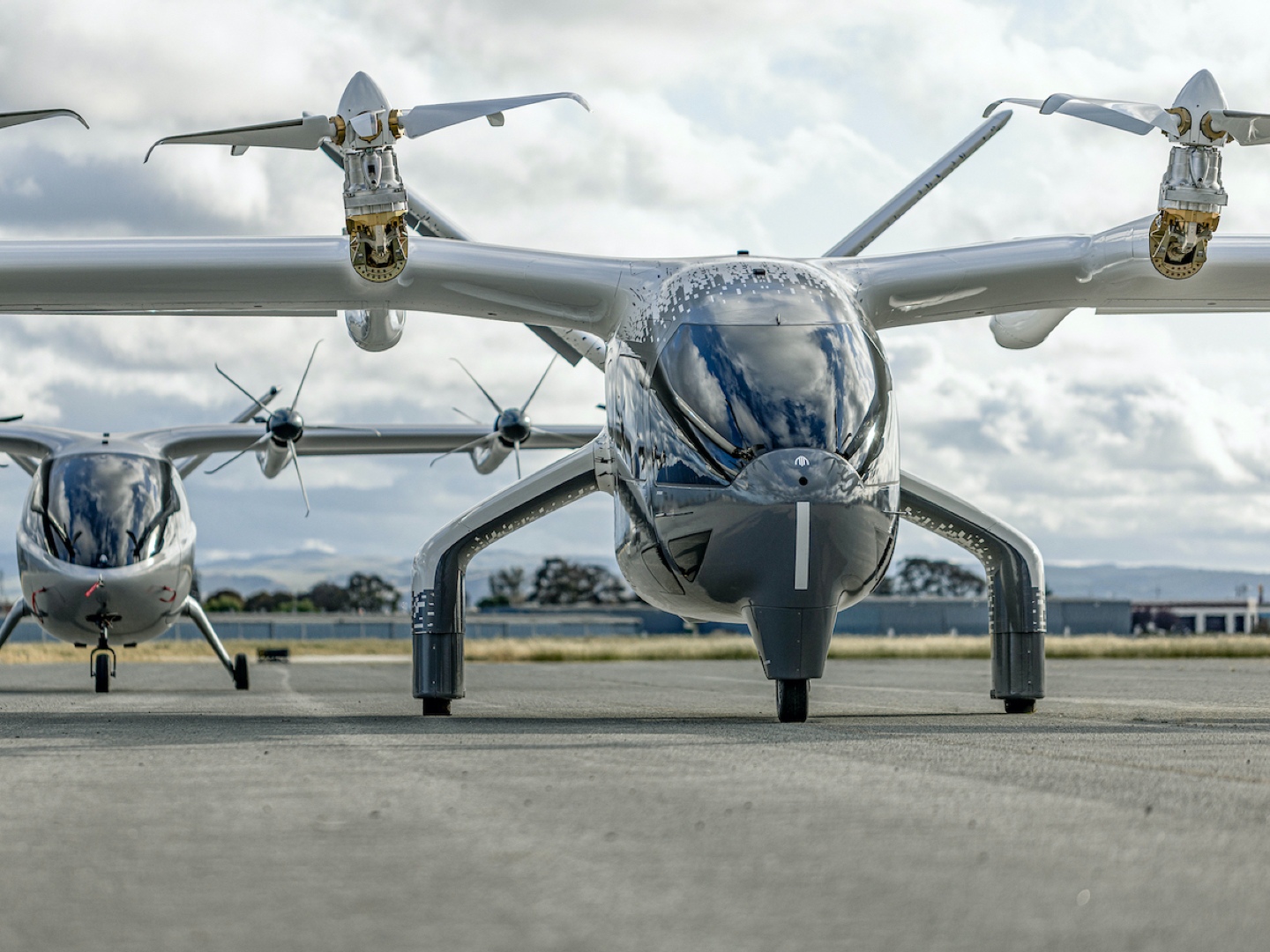Ethiopian Airlines is set to receive two electric vertical take-off and landing (eVTOL) aircraft by 2026 under a $30 million deal signed with U.S.-based Archer Aviation on March 27.
The partnership will make Ethiopia the first African country to introduce electric air taxis, marking a major step toward greener, more efficient air transport.
Electric air taxis for tourism and short-haul routes
The two Midnight aircraft, which can fly round trips of 20 to 50 miles, are primarily intended for tourism. Designed to carry four passengers and a pilot, they will cut hours of road travel to under ten minutes which is ideal for reaching remote destinations like Lalibela and the Simien Mountains.
Ethiopian Airlines CEO, Mesfin Tasew, confirmed that the eVTOLs will serve as a new and exciting option for domestic travellers and international tourists.
“These aircraft are perfect for enhancing tourist access to beautiful but hard-to-reach places,” Tasew said. “They’re fast, quiet, and have zero emissions.”
Archer Aviation, which counts United Airlines and Japan Airlines among its investors, said it would support the rollout by providing Ethiopian Airlines with engineers, pilots, and technicians.
The long-term goal is to build a full air taxi network across Ethiopia and possibly the broader East African region.
Strengthening infrastructure and green aviation strategy
Ethiopian Airlines’ move into electric aviation is part of its broader plan to modernise and decarbonise its domestic and regional services. The airline recently acquired two Twin Otter Classic 300-G aircraft from Canada’s De Havilland to serve short-haul routes, especially those popular with tourists.
At the same time, the airline is laying the groundwork for the future. Alongside the eVTOL initiative, it has started building 2,500 homes for communities displaced by the construction of its upcoming mega airport project, located about 44 kilometres southeast of Addis Ababa.
The $5 billion facility is expected to handle over 60 million passengers annually, positioning the airline as a global aviation leader.
Though the eVTOL sector is still in its early stages, Ethiopian Airlines is betting on the growing demand for sustainable transport. Morgan Stanley says the global urban air mobility market could reach $1 trillion by 2040.
However, regulatory and logistical hurdles remain—most countries, including Ethiopia, have yet to set up frameworks for certifying and managing eVTOL operations.
Ethiopian Airlines charts new course for African aviation
With this bold step into electric aviation, Ethiopian Airlines is not just following a trend—it’s setting one. As the second airline globally to strike a commercial deal with Archer Aviation, it’s carving out a leadership role in shaping the future of air mobility on the continent.
Tasew believes the future of flying in Africa is not only faster and more accessible but also sustainable. “This is just the beginning,” he said. “We see enormous potential in integrating electric aircraft into our transport system.”
As global airlines scramble to meet carbon targets and improve efficiency, Ethiopian Airlines is taking flight into a cleaner, smarter aviation era—one short hop at a time.
















